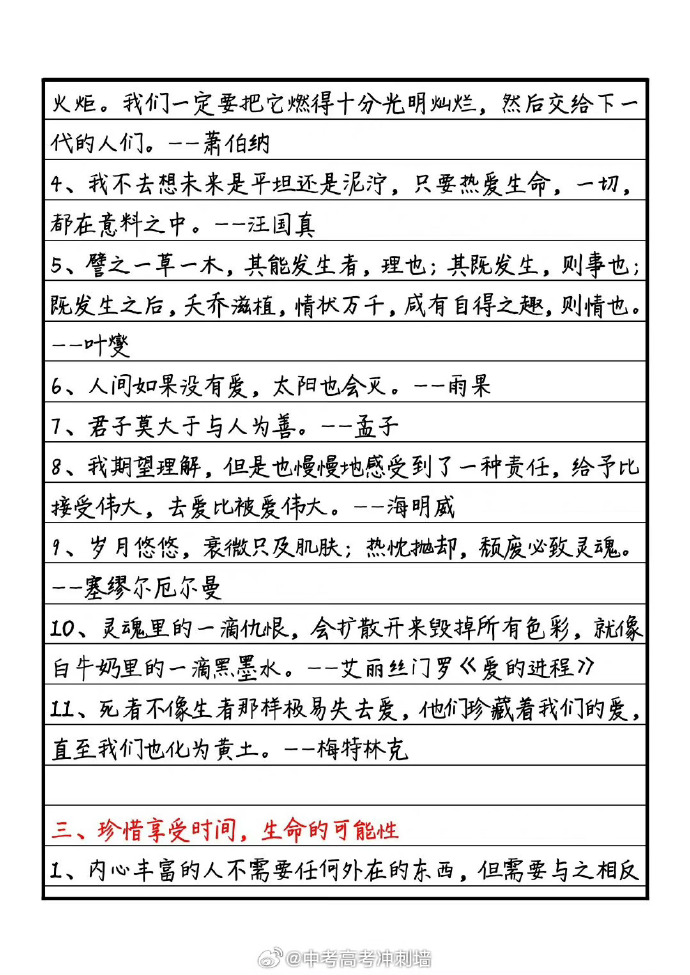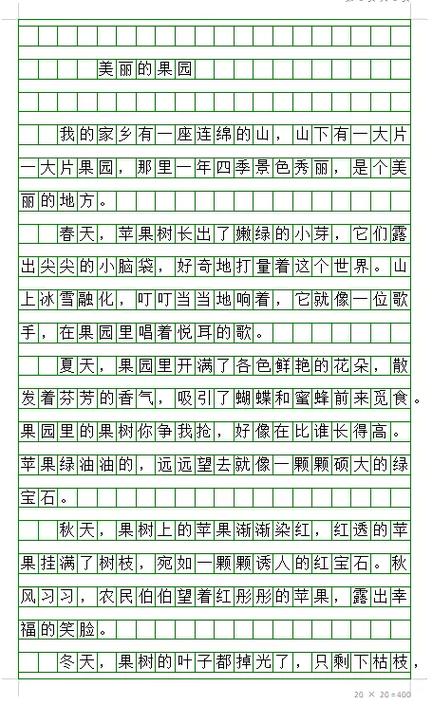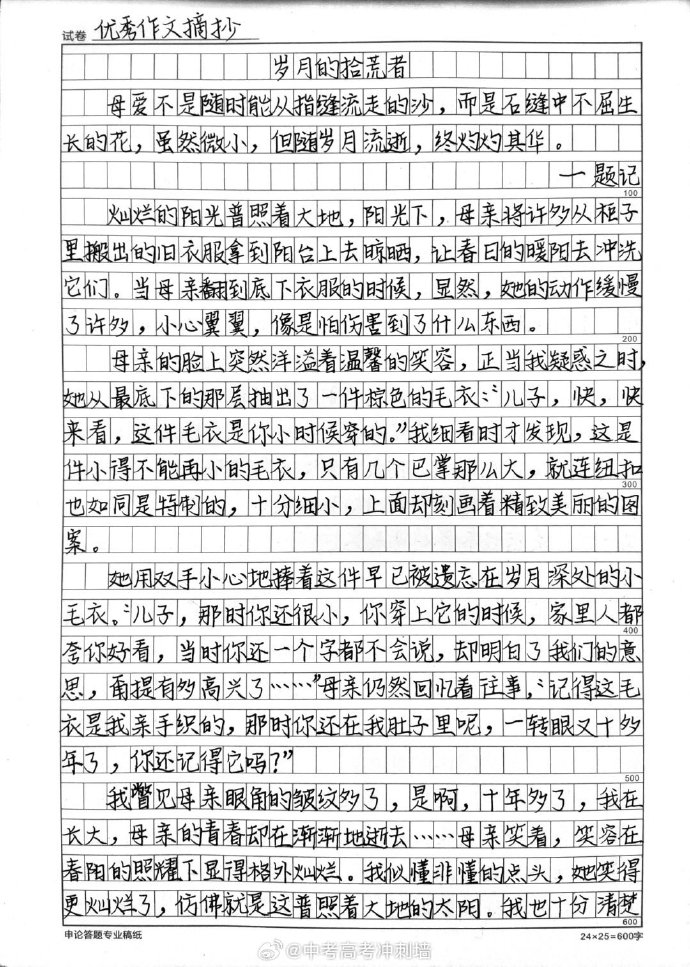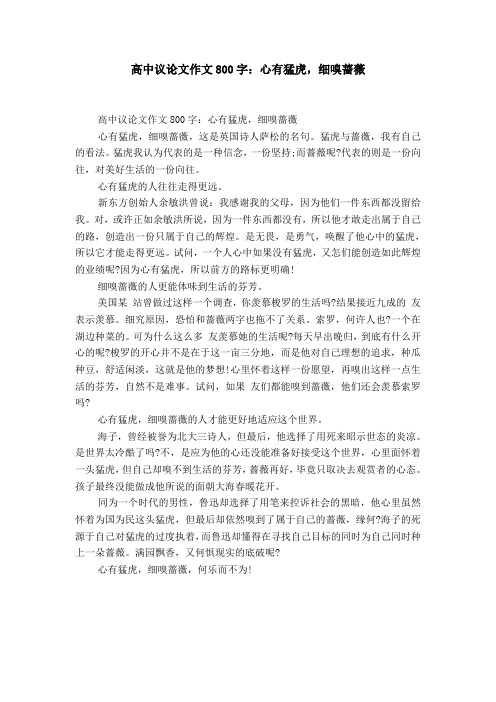Family is the cornerstone of a happy and healthy life, and establishing clear family rules is essential for fostering respect and understanding within the household. The importance of family rules extends beyond ensuring order and discipline in the home, as they play a crucial role in shaping character, promoting communication, and fostering a sense of responsibility among family members. In this essay, I shall explore the significance and application of family rules, discussing their role in creating a harmonious and supportive environment for family members.

Family rules serve as a foundation for building strong familial relationships. They provide guidance and structure that helps members understand what is expected of them and how to interact with one another. By establishing guidelines on topics like communication, respect, and personal space, family rules help ensure that everyone's needs are being met without conflict or confusion. For instance, a rule stating that everyone must be present at mealtimes ensures that family members have time together without distractions, fostering a sense of unity and connection.
In addition to fostering strong relationships, family rules also promote communication within the family. Rules such as "no interruptions during meals" encourage members to engage in conversations rather than just waiting for their turn. This not only enhances social interactions but also teaches children valuable communication skills. Furthermore, family rules can help address any misunderstandings or conflicts before they escalate into bigger problems. When there is a clear set of guidelines in place, it becomes easier for everyone to understand each other's perspectives and find common ground.
Establishing family rules also helps to cultivate a sense of responsibility within the family unit. Children learn by example, and when parents take an active role in setting expectations and enforcing rules, it sends the message that consequences will follow disrespectful behavior. This approach not only discourages bad behavior but also reinforces positive habits such as cleaning up after themselves or helping with chores. As a result, family members become more accountable for their actions, making the home environment more efficient and pleasant to live in.
Furthermore, family rules can help protect family members from potential dangers. For example, rules about staying off the phone or using electronic devices during dinner can prevent young children from distractedly eating or engaging in unsafe behavior while seated at the table. Similarly, rules about wearing seatbelts while driving can reduce the risk of accidents, ensuring everyone's safety on the road. These examples illustrate how family rules can help create a safer and more secure environment for family members.
Finally, family rules should be flexible and adaptable to changing circumstances. Lifestyles and priorities may shift, requiring adjustments to the rules that were once deemed necessary. However, it is crucial to maintain the core values that underlie the rules and make sure that new rules are introduced only when they genuinely benefit the family as a whole. This approach not only keeps things fresh and interesting but also allows for continual growth and improvement in the family dynamic.
In conclusion, the implementation of effective family rules is essential for maintaining a harmonious and productive household. From fostering strong relationships to promoting communication, establishing family rules plays a vital role in ensuring that everyone's needs are met and that everyone feels valued and respected in the family. By embracing these principles and actively implementing them, families can create a safe and nurturing environment where everyone thrives. Therefore, let us commit to establishing our family's own set of guiding principles, and watch as we all flourish in the knowledge that we have each other's backs.
推荐阅读》未经允许不得转载:» 关于家规的英语作文(Family Rules Essay in English)

 佰一阅读网
佰一阅读网

















